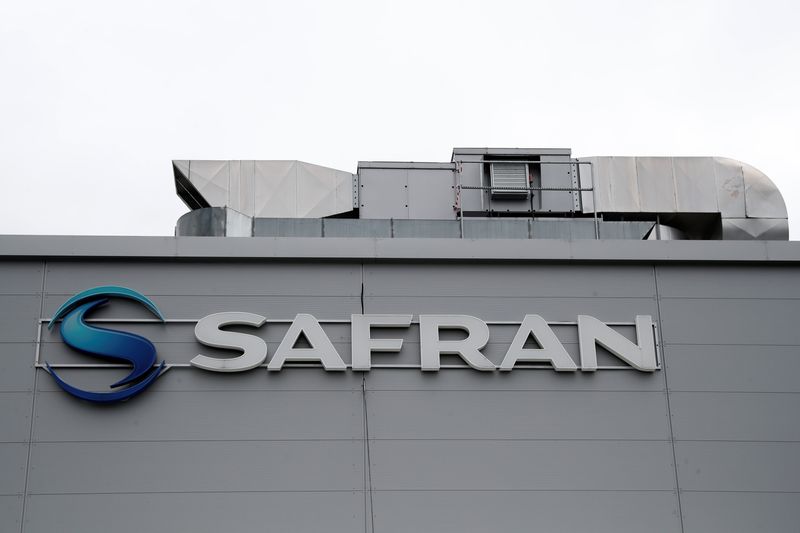By Tim Hepher
CASABLANCA, Morocco (Reuters) -The head of French jet engine maker Safran (EPA:SAF) said global supply chains are still struggling to shake off a series of external shocks and warned against setting unrealistic industrial targets as aviation tackles rising travel demand.
Together with GE, Safran co-produces LEAP jet engines for all Boeing (NYSE:BA) and more than half of Airbus narrow-body jets through their CFM International venture.
"The supply chain is still struggling to recover from the shock of the pandemic, as well as the other shocks: Ukraine, energy, inflation and labour," Olivier Andries said during a visit to Morocco to sign a government pact on boosting supply chains.
"The supply chain was really shaken, and today it has not returned to a normal level," Andries told reporters. "So for us the question is what is the right speed for the ramp-up. It's not a question of demand ... demand is there."
Citing supply issues, CFM recently trimmed a percentage growth forecast for LEAP deliveries in 2023 to 40-45% from around 50%, implying deliveries of around 1,600 to 1,650 units.
Andries reiterated a preliminary target of 2,000 LEAP engine deliveries in 2024, subject to final discussions with GE ahead of annual forecasts in February.
He indicated, however, that this represented a ceiling as pressure remained on items including raw materials.
"It is already very ambitious given the state of the supply chain today and for me to tell you today that we can do 2,100 or 2,200 in 2024 - no. So we are targeting 2,000."
'REMAIN REALISTIC'
For 2025, Andries said CFM would raise LEAP deliveries but that there was no urgency to agree precise volumes with aircraft manufacturers until around the middle of next year.
"Everyone is very conscious that in a difficult supply chain situation, we all have to be ambitious for sure, but also challenge ourselves and remain realistic," Andries said. "There is no point in making commitments you can't achieve."
Engine makers have been generally more cautious than Airbus, in particular, about raising output to meet new travel demand. Planemakers say engine supplies are among their biggest risks.
Andries reiterated that CFM was ready to accommodate a return to output reached, or planned, prior to the pandemic: 50 twin-engined narrow-body jets a month at Boeing or 65 at Airbus.
But he cautioned that planemakers had recently shown a tendency to lower their demand as years progress. He also noted that Airbus had pushed back a target of 75 a month from 2025 to 2026. Airbus has said it is on track towards reaching this goal after missing targets in 2022.
In a further clue to CFM's output potential beyond next year, Andries said it continues to base assumptions on a market share of 60% at Airbus, where it competes with Pratt & Whitney, and 100% at Boeing where it is sole 737 supplier.

Andries declined to give a numerical estimate for 2025, but his production and market share estimates imply deliveries of some 2,200-2,300 engines after allowing for spares output and a few dozen deliveries for the new Chinese Comac C919 jet.
The comments came as Safran outlined a new framework agreement with the Moroccan government designed to develop local supply chains, with an emphasis on training. Safran repairs engines, produces engine nacelles and operates a cabling joint-venture with Boeing - Matis Aerospace - in Morocco.